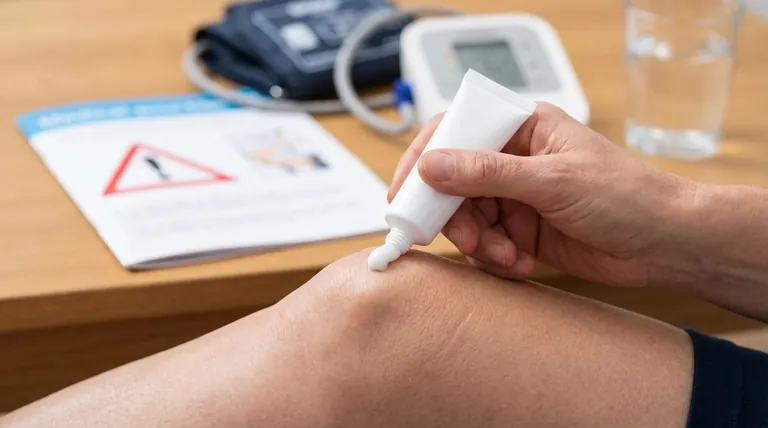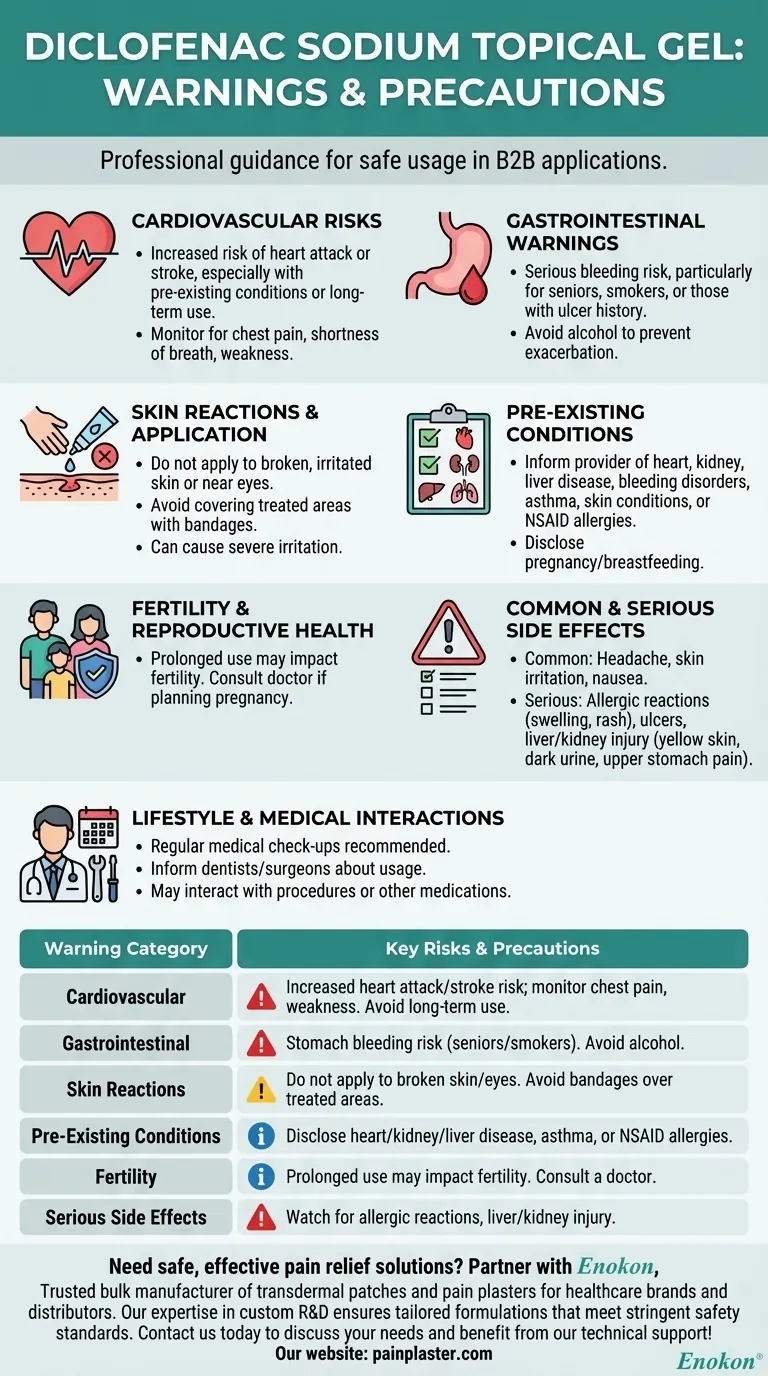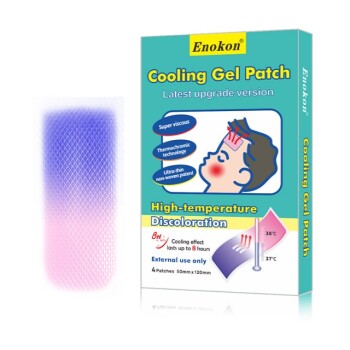Diclofenac sodium topical gel, while effective for pain relief, comes with several important warnings that users must be aware of to ensure safe usage. Key concerns include cardiovascular risks (heart attack or stroke), gastrointestinal issues (stomach bleeding), skin reactions, and potential fertility impacts. It’s crucial to avoid alcohol, disclose usage to healthcare providers, and avoid application on broken skin or eyes. Pre-existing conditions like heart disease, high blood pressure, or liver/kidney problems require special caution. Regular medical check-ups are advised to monitor for serious side effects like allergic reactions, ulcers, or organ damage.

Key Points Explained:
-
Cardiovascular Risks
- Diclofenac sodium topical gel increases the risk of heart attack or stroke, especially in individuals with pre-existing heart disease or those using it long-term.
- Monitor for symptoms like chest pain, shortness of breath, or sudden weakness.
-
Gastrointestinal Warnings
- Serious stomach or intestinal bleeding can occur, particularly in users over 60, smokers, or those with a history of ulcers.
- Avoid alcohol, as it exacerbates this risk.
-
Skin Reactions and Application Precautions
- Do not apply the gel to broken, irritated skin or near the eyes, as it can cause severe irritation or increased absorption.
- Avoid covering treated areas with bandages, which may lead to unintended systemic effects.
-
Pre-Existing Conditions and Disclosures
- Inform your healthcare provider if you have:
- Bleeding disorders, asthma, or skin conditions like eczema.
- Heart, kidney, or liver disease.
- Allergies to NSAIDs (e.g., aspirin or ibuprofen).
- Disclose pregnancy, breastfeeding, or concurrent medication use.
- Inform your healthcare provider if you have:
-
Fertility and Reproductive Health
- Potential fertility issues have been noted, particularly with prolonged use.
-
Common and Serious Side Effects
- Common: Headache, skin irritation, nausea.
- Serious: Allergic reactions (swelling, rash), ulcers, liver/kidney injury (watch for yellow skin, dark urine, or upper stomach pain).
-
Lifestyle and Medical Interactions
- Regular doctor visits are recommended to monitor for adverse effects.
- Inform dentists or surgeons about diclofenac use, as it may interact with procedures or other medications.
By adhering to these warnings, users can mitigate risks while benefiting from the gel’s therapeutic effects. Always consult a healthcare professional for personalized guidance.
Summary Table:
| Warning Category | Key Risks & Precautions |
|---|---|
| Cardiovascular | Increased heart attack/stroke risk; monitor chest pain, weakness. Avoid long-term use. |
| Gastrointestinal | Stomach bleeding risk (especially for seniors/smokers). Avoid alcohol. |
| Skin Reactions | Do not apply to broken skin/eyes. Avoid bandages over treated areas. |
| Pre-Existing Conditions | Disclose heart/kidney/liver disease, asthma, or NSAID allergies to your doctor. |
| Fertility | Prolonged use may impact fertility. Consult a doctor if planning pregnancy. |
| Serious Side Effects | Watch for allergic reactions (rash/swelling), liver/kidney injury (dark urine, yellow skin). |
Need safe, effective pain relief solutions? Partner with Enokon, a trusted bulk manufacturer of transdermal patches and pain plasters for healthcare brands and distributors. Our expertise in custom R&D ensures tailored formulations that meet stringent safety standards. Contact us today to discuss your needs and benefit from our technical support!
Visual Guide

Related Products
- Asthma Cough and Pain Relief Patch for Adults and Kids
- Far Infrared Deep Heat Relief Patches Medicated Pain Relief Patches
- Icy Hot Menthol Medicine Pain Relief Patch
- Far Infrared Heat Pain Relief Patches Transdermal Patches
- Heating Pain Relief Patches for Menstrual Cramps
People Also Ask
- Are pain relief patches safe for sensitive skin? Your Guide to Safe Use & Skin Testing
- How does the far infrared technology in the cough relief patch work? Enhance Natural Ingredient Delivery
- What are the key benefits of using the cough relief patch? Soothe Your Cough with Targeted, Non-Oral Relief
- How does the cough relief patch provide targeted relief? Direct, Soothing Comfort for Coughs & Chest Congestion
- How does capsaicin work in the Reliever Patch? A Drug-Free Solution for Targeted Pain Relief
















